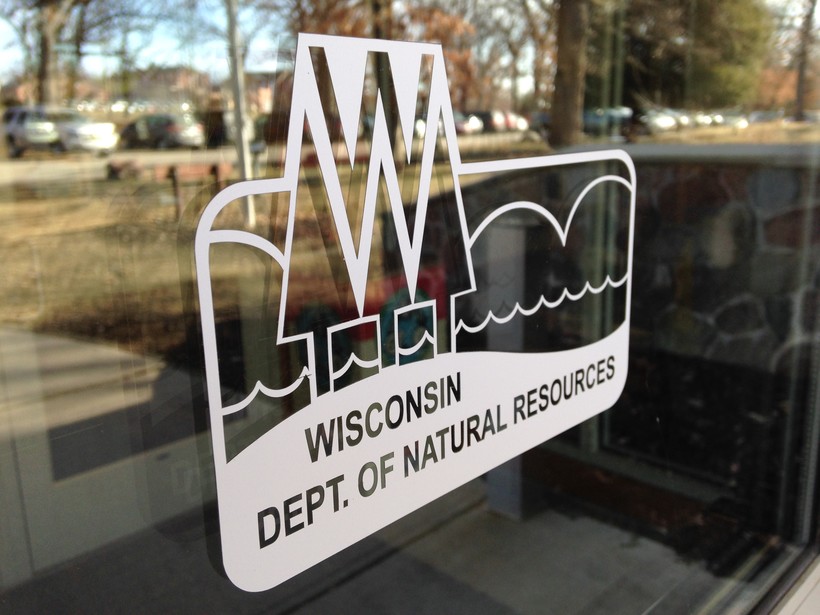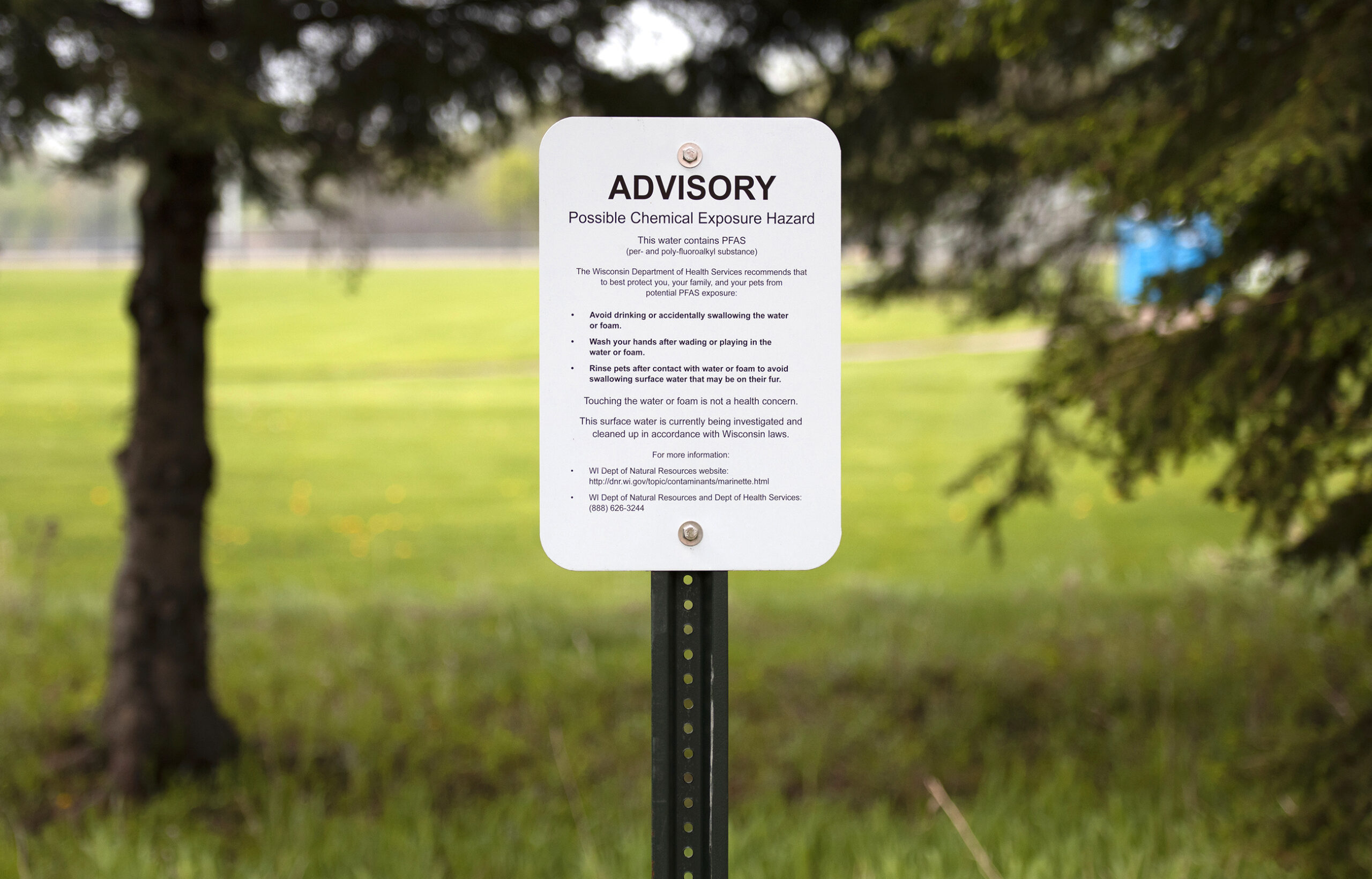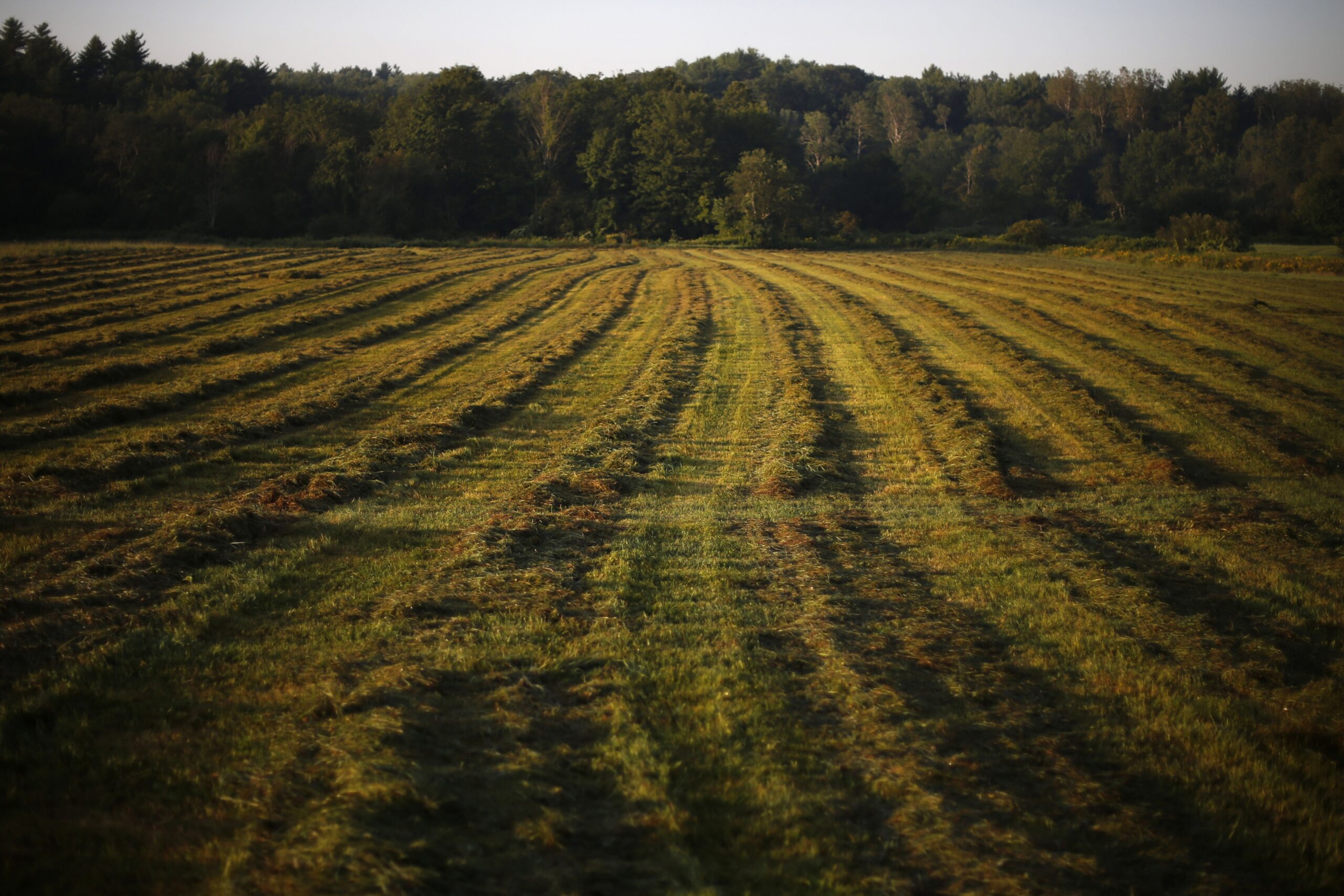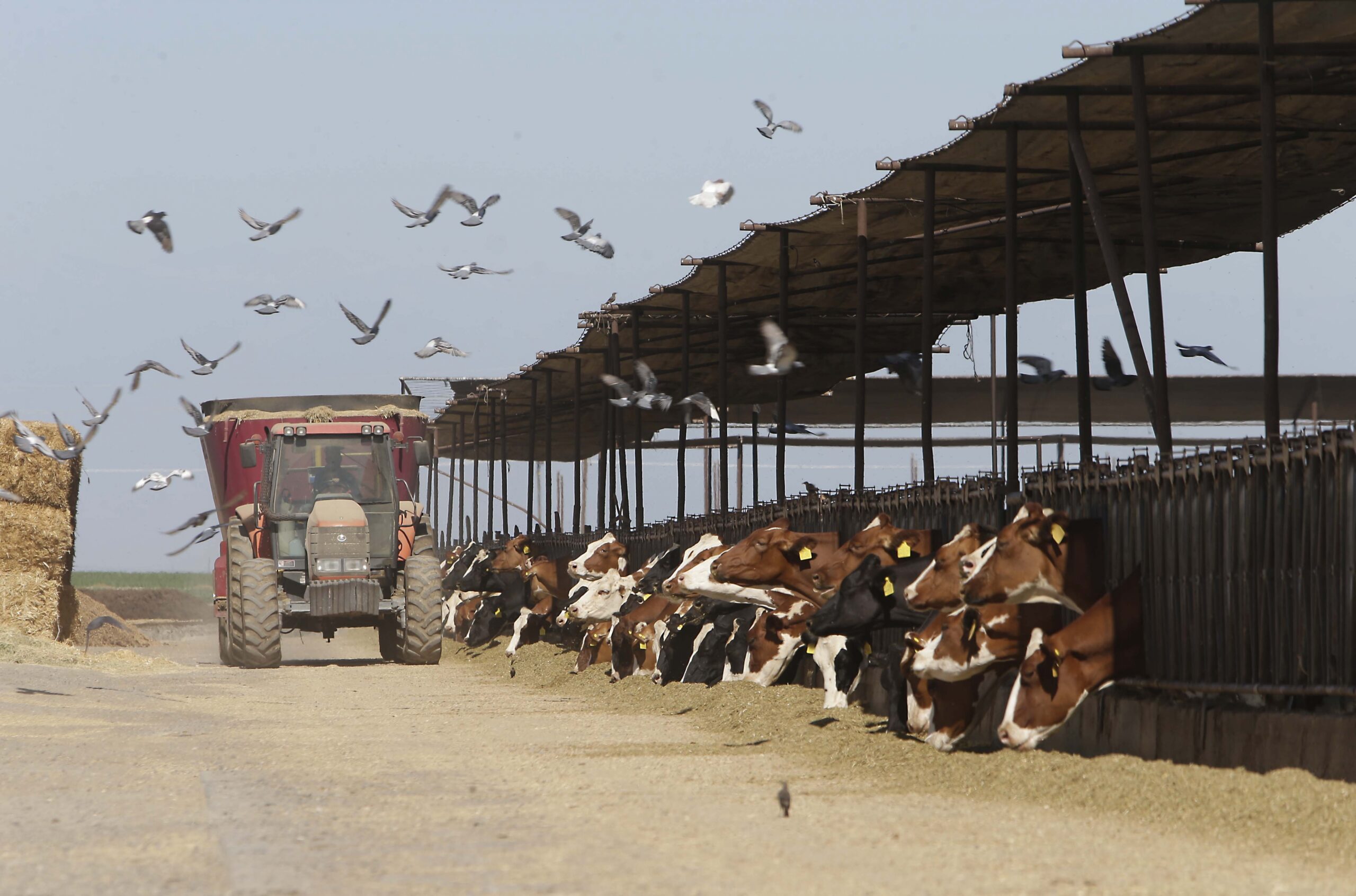Dane County is suing the Wisconsin Department of Natural Resources over requirements to test for PFAS and reduce chemicals released from the Dane County Regional Airport under a wastewater permit.
PFAS, or perfluoroalkyl and polyfluoroalkyl substances, are a class of thousands of synthetic chemicals found in firefighting foam and everyday products like nonstick cookware and stain-resistant clothing. Research has shown links to serious health effects that include increased risk of kidney and testicular cancers, thyroid disease and fertility issues.
The DNR issued a new five-year permit to the airport that took effect May 1. Regulators included requirements to conduct quarterly monitoring for the chemicals and take steps to reduce PFAS flowing into the west branch of Starkweather Creek, which drains into Lake Monona.
News with a little more humanity
WPR’s “Wisconsin Today” newsletter keeps you connected to the state you love without feeling overwhelmed. No paywall. No agenda. No corporate filter.
The county wants a court order forcing the DNR to remove those requirements, according to a May 31 complaint filed in Dane County Circuit Court. It argues the agency can’t require PFAS testing and source reduction measures under the permit because the county is already addressing PFAS as hazardous substances under the state’s Spills Law.
“(T)he PFAS response process is not subject to separate storm water regulation standards,” the complaint states.
Amy Tutwiler, assistant corporation counsel for Dane County, said in an email Friday that the county filed the lawsuit to preserve its rights to “efficiently” manage PFAS remediation in line with DNR regulations.
“(W)e have committed to a response process through DNR’s Spill Law remediation program and are executing DNR-approved work plans, including sampling,” wrote Tutwiler. “The County is not backing away from its commitment to remediate PFAS on airport property.”
A spokesperson for the airport did not immediately respond to requests for comment.
The DNR sent a letter naming the county as a responsible party for PFAS pollution at the airport in 2019. PFAS contamination stemming from the airport prompted the DNR to issue fish consumption advisories for Starkweather Creek, Lake Monona and other waters within the Yahara Chain of Lakes.
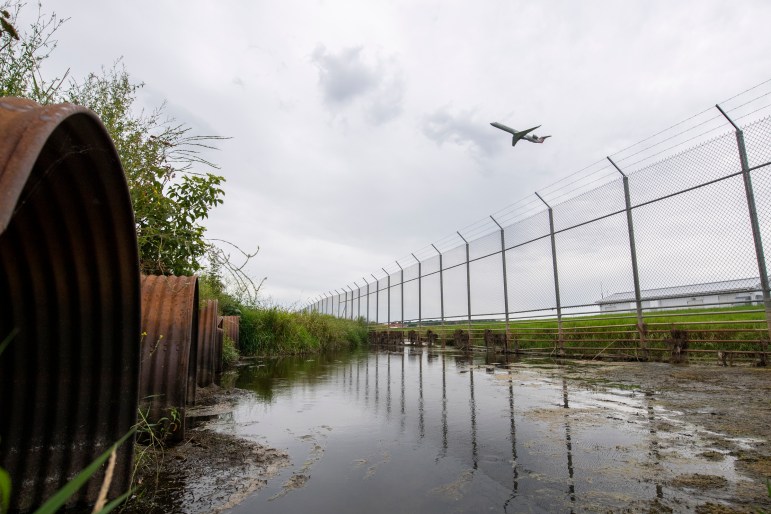
In the complaint, the county argued it would be negatively affected by the new requirements because they would lead to substantial increased costs and potential controversy over “unreliable” analytical methods.
Maria Powell, executive director of the Madison Environmental Justice Organization, disputed that testing would be significantly more expensive. She said the lawsuit was a slap in the face for those seeking to address PFAS pollution.
“We’ve been asking for four years now that the DNR put PFAS into the stormwater permit. They finally did so, and what does the county do but turn around and sue them to try to get out of the requirements in it,” said Powell. “We were pretty shocked, honestly.”
The county stated in the complaint that the permit’s requirements are redundant and may conflict with ongoing work to address PFAS. Since 2019, the airport has been investigating and addressing PFAS contamination. That work includes sampling of storm water.
In addition to PFAS monitoring, the permit would require changes to the airport’s Storm Water Pollution Prevention Plan that includes best management practices that are designed to minimize PFAS discharges. Those practices include a spill response procedure and controls that prevent PFAS-containing firefighting foam from being released into the environment. They also require documentation of how such foam is handled and stored, as well as consideration of alternatives to PFAS foam.
A DNR spokesperson declined to comment on the litigation. Prior to the lawsuit, the agency addressed the county’s concerns when it issued a final permit. In its decision, the DNR said the requirements are independent of cleanup the state is requiring to address historical contamination.
“This (Wisconsin Pollutant Discharge Elimination System) permit is not requiring that (Dane County Regional Airport) remediate the contaminated PFAS groundwater plume, but rather this WPDES permit is requiring that (the airport) reduce concentrations of PFAS in the permitted outfalls moving forward,” wrote the agency.
The agency said the requirements are consistent with the DNR’s authority to include permit conditions in order to meet water quality standards. The DNR said the activities are necessary due to “significant concentrations” of PFAS in the airport’s stormwater outfalls.
Dane County Board Supervisor Yogesh Chawla said the county needs to do PFAS testing that meets or exceeds standards under the wastewater permit — “whether that happens under our remediation plan, whether that’s a process that the county is undertaking and doing themselves, or whether that’s done as part of the stormwater permit,” said Chawla.
Chawla highlighted the U.S. Environmental Protection Agency recently issued new health advisories for PFAS at levels thousands of times lower than the state’s drinking water standard that’s set to take effect as early as next month.
“What’s important to me is that those PFAS tests are not only done, but the results of those tests are released quickly to the public,” said Chawla. “And, if it’s detrimental to public health, it has to be immediately remediated.”
Chawla, who is chair of the Dane County Board’s environmental committee, wants the lawsuit to be addressed at the committee’s next meeting. Chawla said officials would like to see a detailed accounting of the county’s current PFAS testing as part of ongoing remediation.
The lawsuit comes as the DNR is facing a legal challenge from Wisconsin Manufacturers & Commerce, or WMC, over its authority to enforce PFAS cleanups under the Spills Law.
A Waukesha County judge ruled in April that the agency must identify the chemicals as hazardous substances through the state’s rulemaking process before the DNR can enforce PFAS cleanups. It can take years to develop rules under that process, and environmental advocates stress residents need protections now.
The DNR is appealing the judge’s ruling in that case. In the meantime, Waukesha County Circuit Court Judge Michael Bohren has allowed the agency to continue work to clean up PFAS while the appeal is pending.
If WMC prevails in the case, Powell said the DNR wouldn’t have authority under the Spills Law to force cleanup of PFAS contamination at the airport.
“We want to see those stormwater requirements stay in place,” said Powell.
Wisconsin Public Radio, © Copyright 2025, Board of Regents of the University of Wisconsin System and Wisconsin Educational Communications Board.



